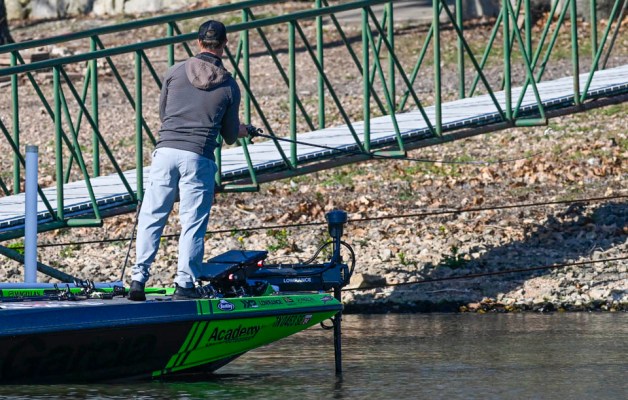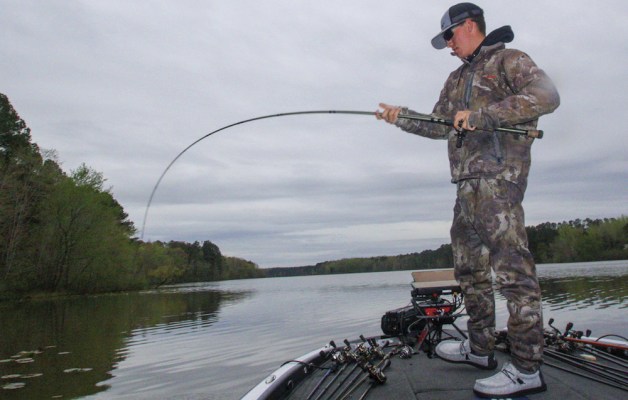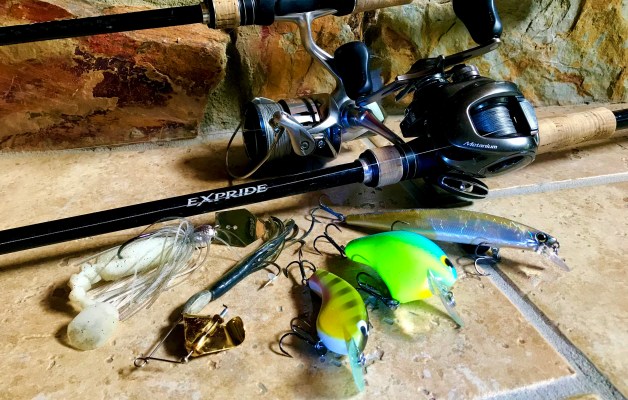
Let's take a close look at the economics of purchasing fishing tackle and related items. This isn't the most exciting topic on the planet, but it's one of the most important. It controls what we get for our money, how much fishing we can do and how much enjoyment we get out of it.
It begins with understanding the difference between price and value. Price is simple enough. It's what you pay for something. It's measured in dollars and cents without regard to quality or anything else that enters into your purchasing decision.
Value, on the other hand, is much more than price. It's best defined as what you get — quality, durability and the like — for the price you pay. Is something worth the dollars you're paying?
Think about these terms in the context of buying a fishing rod. There are several on the market for less than $100 — some for as little as $20. Others retail for several hundred dollars. That doesn't mean, however, that you get more value from a more expensive rod, or less value from a less expensive rod. Value is a matter of paying for what you need, no more and no less.
When assessing the value of a fishing rod, performance is one factor to consider, but so are quality — how long it will last — and any replacement warranty that may be applicable. Depending upon why you're buying it and how you intend to use it, a rod that costs several hundred dollars may turn out to be of better or lesser value than a less expensive one.
Therefore, before you buy any piece of equipment or tackle, consider why you want it. Is it a one-time thing? If so, a cheap one might do. On the other hand, if you're going to keep a product for years you might want to upgrade.
If what you're buying is expensive, talk to several people who already own one. Get their opinion. In a pinch, check the Internet for performance recommendations.
Once you've made the decision to purchase something, make sure you understand the store policy when it comes to returns and refunds. Is there a restocking fee? If you're purchasing from the Internet, who's responsible for shipping and handling?
In most cases, a credit card purchase will result in the store backing the charges off your card. If you paid with cash, you can usually get a cash refund. With checks, however, there's often a 10-day waiting period. Make sure you understand all that before you buy something expensive when you're on a fishing trip a long way from home.
Another thing that should command your attention is the product's warranty. They vary widely from one manufacturer to another. Make sure you understand all the terms. Length of time is one factor, but so is what's covered. Another important issue is who pays to transport the product, if that's necessary. Be wary of "abuse" exclusions. They can be trouble.
What about downtime? Does the manufacturer provide a replacement? This can be especially important with electronics. Three or four weeks can be a long time without a depth finder or GPS unit.
Compare and contrast price with value before you buy. It'll save you a lot of money in the long run.




